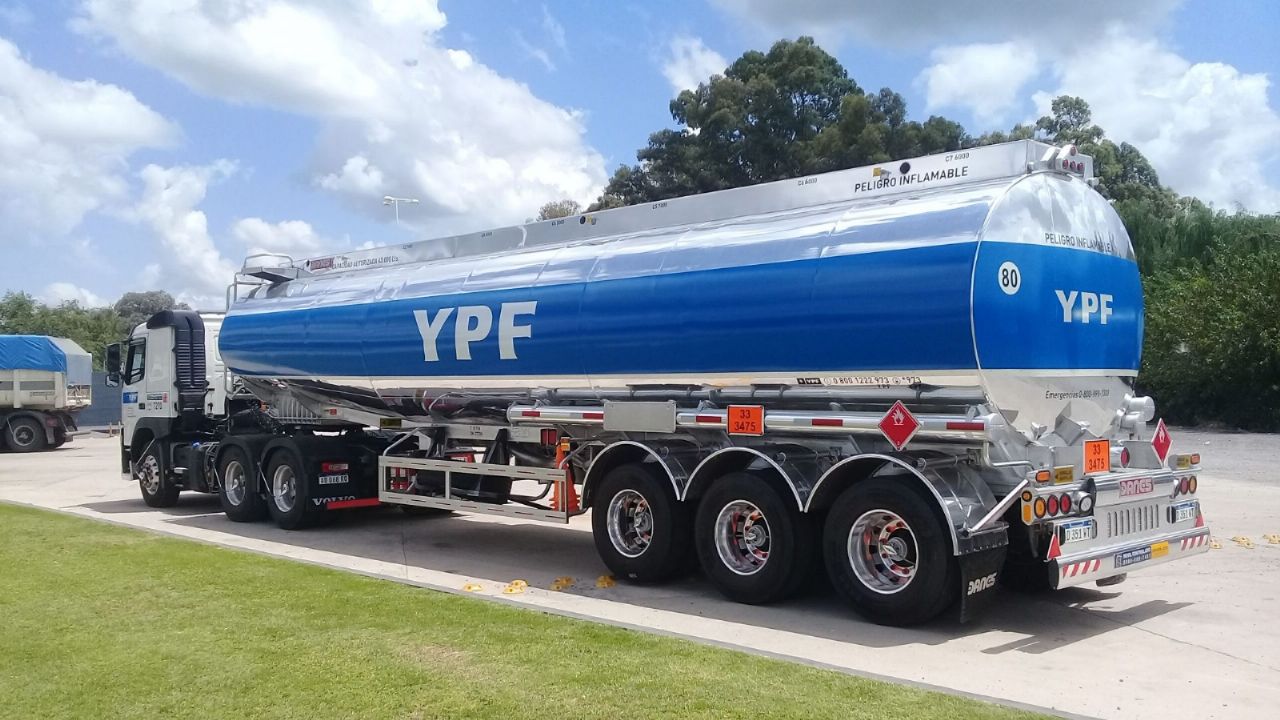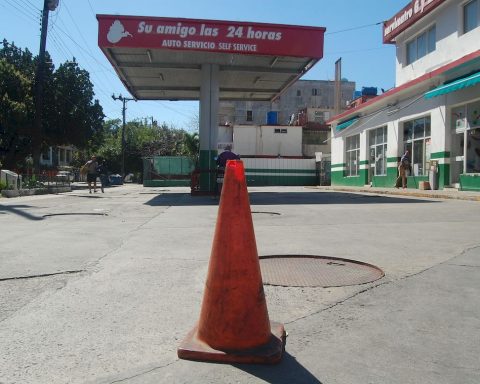The cost of fuels does not stop growing, the last increase was 6% in the case of Raizen, the marketer of Shell and in turn YPF announced increases of 5% for the naphtha and 7% for diesel.
With the new increases, the liter of naphtha supermarket accumulates a 52.88% increase in the first nine months of the year. On the other hand, premium diesel increased its price by 98.70% this year. The gas that historically came to be worth twice as much as diesel today was surpassed.
The prices according to the region usually vary, in the case of the Autonomous City of Buenos Aires (CABA), from the first of October the prices of the fuels per liter are as follows: naphtha super: $138.20; naphtha premium: $169.20; diesel: $145.70 and premium diesel: $198.50.
With the exposed data and considering the best-selling vehicles in the last nine months, Filling the tank of a Fiat Cronos car (48 liters) costs $6,633.6 if it is loaded with super gasoline, Instead, if you choose the naphtha premium the cost amounts to $8121.6.

Taxes collected from fuels
From Energy Consilium, an energy consulting company: “The estimated income from Taxes on Fuels and Carbon Dioxide amounts to $757,911.6 million, growing 86.6% compared to 2022. The variation is mainly explained by the updates of the fixed sums to determine the tax and by the estimates of greater liters sold”.
“The amount of this tax is equivalent to 0.5% of the Gross Domestic Product (GDP) and is slightly higher than what is expected to be collected by the Tax on Personal Assets and similar to the expected collection of Co-participated Internal Taxes,” he concluded. the consultant.

According to the Federal Administration of Public Revenues (AFIP), During the January-September period of the current year, a total of $258,695 million was collected, corresponding to a 21.6% increase compared to the same period of the previous year.


















